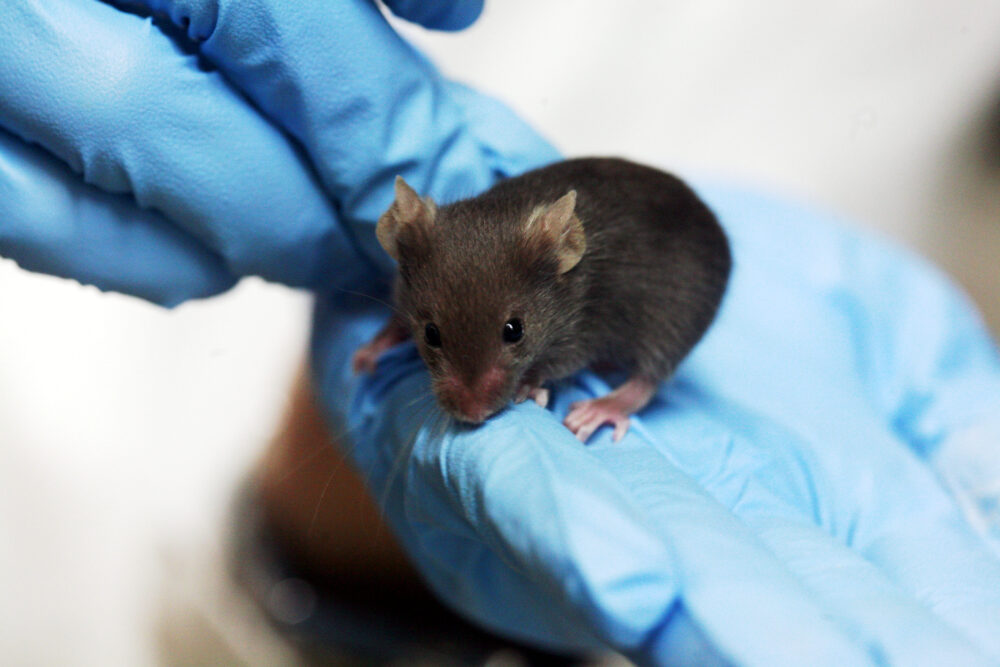Although mice don’t have Instagram likes or followers to keep track of, social status is still a huge part of their societies. There is a clear hierarchy, with the top mice receiving first pick when it comes to food and mates and subordinate mice scrambling for whatever’s left. As shown by a study at Zhejiang University School of Medicine in China, maintaining this alpha status is crucial, since losing it has been shown to cause depressive spirals in mice.
This phenomenon is not unique to mice and occurs in species ranging from monkeys to birds and fish. Scientists are particularly interested in the loss of social status as a trigger for depression since the same effect is not seen in mice with a consistently low social status. The ultimate goal is to find ways to alleviate this plunge in mood resulting from social pressures and apply this treatment to humans.
“Since many cases of human depression are related to social factors and since this neural mechanism appears highly conserved across species, it seems that mice are a promising model for depression in humans.”
Researchers at Zhejiang University School of Medicine in China decided to create competition in existing mouse hierarchies by forcing alphas to lose their status to subordinates in a nonviolent manner. They did this using the dominance tube test, where pairs of dominant and subordinate mice are placed in the same narrow, clear tube. The exit was blocked for the lower-ranked mouse in each tube, giving it no choice but to push its alpha opponent. At first, the alphas resisted and stood up to their weaker opponents. After repeated trials, however, the alphas began to retreat, losing these individual battles and their status in society.
Almost instantly, the dethroned alphas found themselves without their privileged food and nest access. They started to show symptoms of depression and lost their appetite for sugar water. Researchers also used a metric known as the forced swimming test to measure mouse distress. This measures how long the mice stay afloat when dropped in a tank of water. The less happy they are, the more quickly they give up paddling. The researchers found that the dethroned mice spent significantly less time fighting after losing their social status.
The researchers also examined scenarios in which normally subordinate mice lost to already-superior mice whom they were expected to lose against. They found no change in their psychological states; lower-ranked mice seem to have more resilience and have adapted better to loss. Thus, it seems that loss itself is not the trigger of depression-like symptoms, but instead, unexpected losses are what cause this distress.
“Almost instantly, the dethroned alphas found themselves without their privileged food and nest access. They started to show symptoms of depression and lost their appetite for sugar water.”
“Regaining their social status reestablished a more optimistic psychological state, showing the dynamic link between status and depression and offering hope for treatment options.”
To see what was going on neurologically, the researchers used an imaging technique called fiber photometry. Of particular interest was the lateral habenula (LHb), an anti-reward region known as the “disappointment center” in humans. It blocks reward pathways and is typically activated when things go worse than expected and is often hyperactive in people with depression. When the alpha mice retreated in the experiment, their LHb regions lit up.
Having an active LHb is problematic because it blocks the neural pathways responsible for decision-making and managing emotions. This makes it much harder to have an optimistic and rational view of the world and makes an individual even less likely to meet expectations, creating a vicious spiral of frustration and reduced ability to cope. This cycle closely resembles depression and is very difficult to escape from without intervention or a rise in social status.
The researchers found that injecting the fast-acting antidepressant ketamine (which is currently also being used to treat depression in humans) into newly low-ranked mice helped to reverse their depressive spirals and make them more likely to win against their superiors. Regaining their social status reestablished a more optimistic outlook, showing the dynamic link between status and depression and offering hope for treatment options.
One limitation of the study is that only male mice were used as female mice have different social rules that don’t align as closely with the competition set up in this study. Thus, the next step for scientists is to find a similar model of status-induced depression for women.
“Lower-ranked mice seem to have more resilience and have adapted better to losing. Thus, it seems that loss itself is not the trigger of depression-like symptoms; rather, unexpected losses are what cause this distress.”
Overall, uncovering this neural mechanism should help us better understand the relationship between social mobility and one’s psychological state, opening the door for intervention strategies. Since many cases of human depression are related to social factors and this neural mechanism appears highly conserved across species, it seems that mice are a promising model for depression in humans. The methods in this study appear useful for screening antidepressant drugs and while there’s still more to uncover, this research provides an optimistic pathway for understanding depression and improving human mental health outcomes.
Image courtesy of Wikimedia Commons


